Financial
Roadmap
A clear, personalised path to your financial goals.

It’s a simple fact of life that on the whole, women retire with much less superannuation than men. And this difference is significant. Studies have shown it can be as much as 47% less.
There are several reasons for this: wage disparity across most industries means that women generally earn less than men. Also, typically, the woman is usually the family member who takes time out of the workforce to raise children or to care for sick or elderly relatives and then returns to the work force only part-time.
Income levels and age tend to be the most significant determinants of super balances. The difference in super fund earnings are nowhere near as significant a factor. That means the amount you contribute and how long you leave it there have the biggest impact. By actively managing your super, in particular making the most of your contributions as permitted by superannuation regulations, you can make a positive difference to your super balance over the long term.
In recent years, changes to Australian superannuation law have made it easier for spouses to share super, and there are good reasons why couples should consider doing this.
Every 1-3+ years the transfer balance cap will adjust. This cap limits the total amount of superannuation that can be transferred from the accumulation phase into the tax-free retirement phase.
This cap starts at $2 million per person. Any excess transfer balance amount must be removed from the retirement phase and will be subject to tax. So, this means that equalising super between spouses can maximise the amount that can be invested in the tax-free retirement phase (two limits are better than one). And also, this amount can be kept in the tax-friendly super environment if one spouse were to die.
There are also caps to how much you can salary sacrifice.
In a practical sense it means this: currently, concessional contributions are capped at $30,000 per annum. So, if you receive $5,000 in employer superannuation contributions and do not make any additional pre-tax contributions yourself, you will have $25,000 of unused concessional contributions left in the tax year. This balance of unused contributions can then be carried forward for up to five years. This is good news if you’re in life’s expensive years – focused on paying the mortgage, raising children, paying for education and a whole host of other expenses that mean there’s not a lot of leeway in the household budget. Under this rule you now have an opportunity to make a ‘catch up’ lump sum payment into superannuation when you can afford to.
There are various ways spouses can equalise super, including regular spousal contributions, contributions splitting and a recontribution strategy. Each of these can help couples to maximise their super. The maximum amount allowed to be held tax-free at retirement, for a couple, is $4 million in total.
Spousal contributions
If a member’s income is below $37,000, their spouse may receive a tax offset of up to $540 if they make a spouse contribution of up to $3,000 to their spouse’s super each year. If the receiving spouse’s income exceeds $37,000, the amount of the tax offset available starts decreasing until it reaches zero at $40,000.
Contributions splitting
This allows one member of a couple to ‘pass over’ up to 85% of their concessional contributions every year to their spouse depending on their specific situation.
Recontribution
This is generally used when both parties are over the age of 60. It can be done by withdrawing some super from the account of the spouse with a higher balance, by starting a transition to retirement income stream or making a lump sum withdrawal (if a condition of release is met) and re-contributing to the spouse who has the lower balance. This counts towards the receiving spouse’s non-concessional contribution cap, which is $120,000 per year. If this person is under the age of 65, the bring-forward cap of up to $360,000 may be available.
An added benefit of this strategy is that it potentially reduces the tax payable from death benefit proceeds, when the spouse dies. Another benefit is that it can potentially boost the pension amount for an older spouse, if the younger spouse is not yet of age pension qualifying age, because their superannuation is not assessed for social security purposes.
Did you know?
Anyone with an income threshold below $47,488 may be eligible for the government co-contribution of up to $500 by making a personal after-tax member contribution of $1,000 if eligible. The cut-off threshold is $62,488, and to qualify, the member must be under 71 and have personal exertion income (such as a salary) of more than 10% of their total income.
This is an important consideration, because unfortunately divorce is still quite common in Australia. And, in the event of divorce, superannuation is considered a divisible asset under Australian law. But this is no reason not to take advantage of ways to maximise superannuation when you’re part of a couple, because there would in fact, be limited impact if super balances have been equalised. What’s more, the benefits can be substantial – tax savings, estate planning benefits and maximised funds that could even help you retire sooner than you’d planned.
It’s also important to remember that superannuation is complex, so it is recommended that you seek professional financial advice before proceeding, to decide which strategy is going to give you the best benefit and how to implement it. There are considerations with caps and other qualification requirements, too.
To find out how we can help you equalise your superannuation, contact our team today.
Every client journey begins with a conversation. We look closely at where you are now, what matters to you, and what’s possible. Then we structure our advice to match.
A clear, personalised path to your financial goals.
Proactive strategies to maximise your tax savings.
Tailored plans aligned with your goals and risk profile.
Regular guidance to keep your plan on track.
Retired
Jan's husband managed the finances until entering aged care. Jan gradually stepped into the financial picture with First Financial’s support.
“The money just comes in. I don’t have to think about it. And I know they’re always there. They’ve always been there in the background, just quietly making things work.”

Newly retired
As retirement neared, Larry and Virginia were ready to enjoy travel, family, and freedom, without uncertainty. A friend recommended First Financial, and from the first meeting, they had a clear plan, a safety net, and people they trusted.
“We’ve travelled the world, Europe, Sri Lanka, Vietnam, without once stressing about the money. They made everything feel simple and gave us the confidence to live well. We feel secure because we know exactly where we stand, and that peace of mind means everything.”

Retired and semi-retired
Referred by friends who were helped through aged care, Craig sought secure financial guidance after inheriting funds.
“We feel very secure with First Financial, the income just comes in, and we know everything is being looked after. It’s not just safe, it’s smart. We’ve recommended them to others because we genuinely believe in the team.”
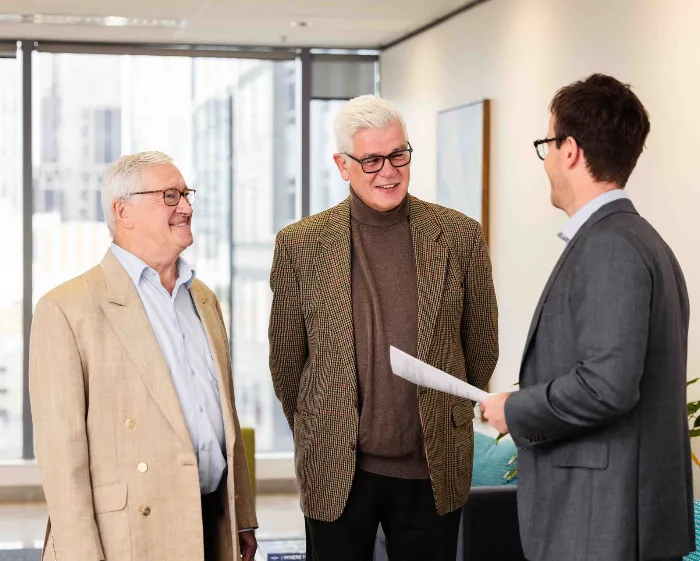
Retired widow
Lyn stepped into financial management for the first time after her husband's passing. With patience and care, First Financial supported her through grief, learning, and empowerment.
“After my husband passed, I was completely unsure where to start. First Financial gave me the space to learn, to ask questions, to grow confident. They drew a diagram that I still have. And now, I sleep well at night knowing I’ve got someone in my corner.”

Early retirement and working professional
When Tim received an overseas medical settlement, he and Adam had just 14 days left in a 90-day window. They needed clear guidance, fast. A referral led them to First Financial.
“We’re in totally different life stages, but First Financial built a strategy that supports us both. From urgent legal steps to ethical investing, they handled every detail with calm, care, and real expertise. It’s financial freedom without compromise, and we couldn’t have done it without them.”

Retired business owner
After decades of running a successful pharmacy, John sought financial guidance to simplify decision-making and support long-term planning.
“I feel genuinely supported by First Financial. I can ask anything, and there’s no pressure, just clear advice and real care. The money’s growing, I’m not stressed about it, and I feel completely at ease for the first time. I don’t miss work, but I’d miss the support I get from First Financial.”

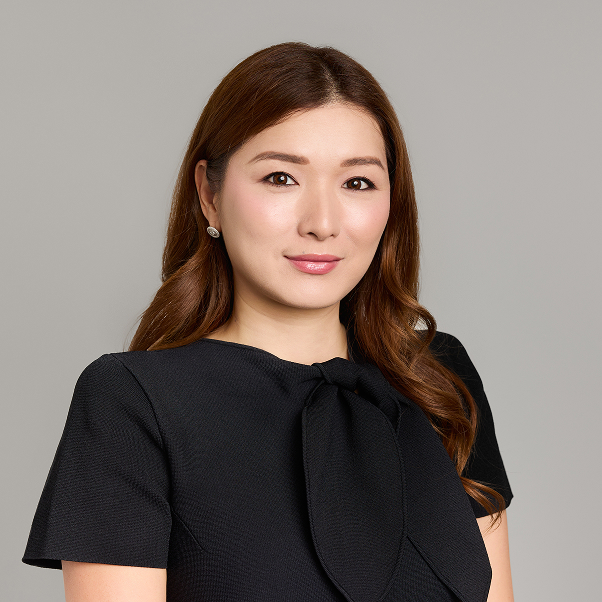


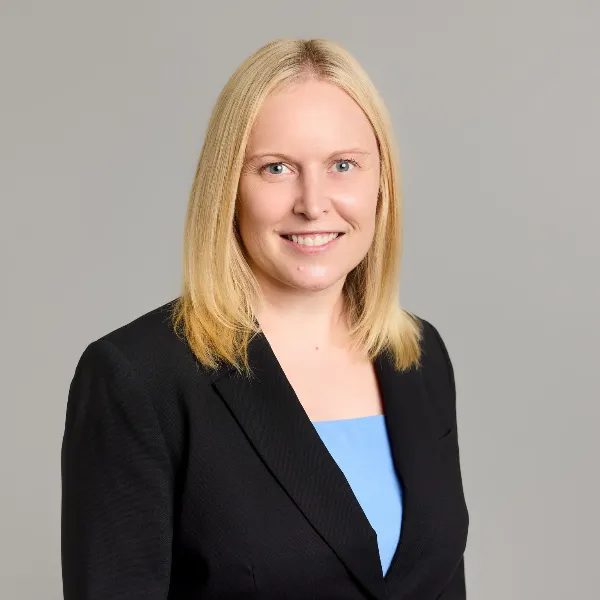

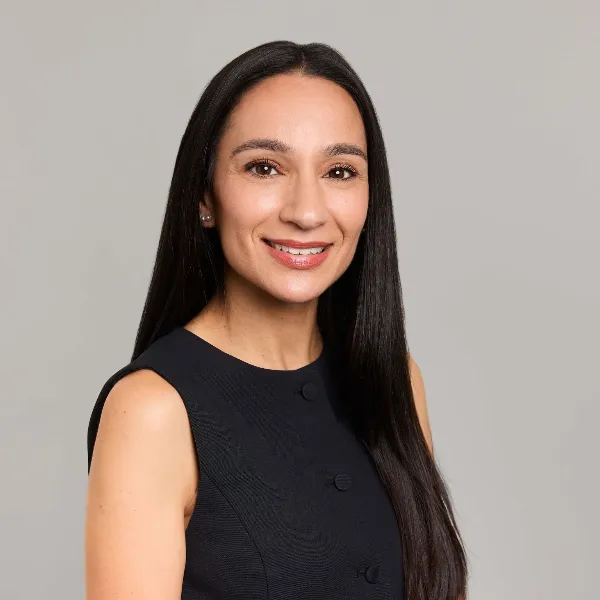

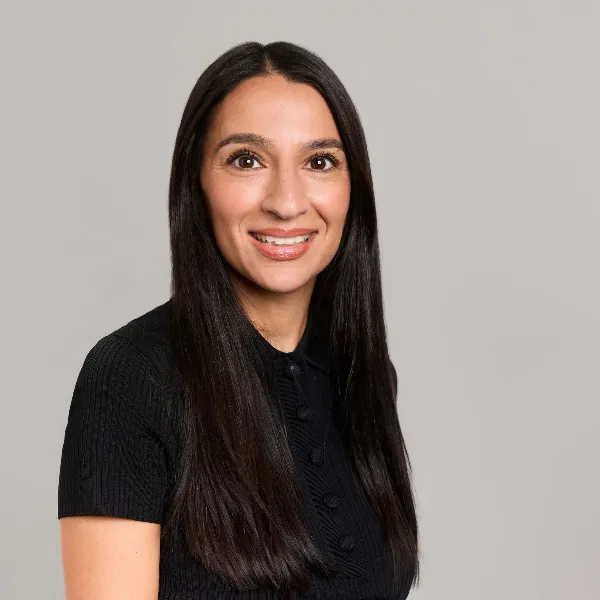
You can use the form below to make a general or initial enquiry.
You can also book a 15-minute call with an adviser by clicking the blue button below.
You can use the form on the right to make a general or initial enquiry.
You can also book a 15-minute call with an adviser by clicking the blue button below.
Fill in your details and briefly let us know how we can help.
We’ll reach out to schedule a time that suits you.
Enjoy an obligation-free initial meeting to discuss your goals and explore how we can guide you toward financial confidence.
Let’s start the conversation.
We look forward to hearing from you!
Level 9, 90 Collins Street,
Melbourne, VIC, 3000
Office Hours
Mon – Fri | 9:00 am – 5:00 pm